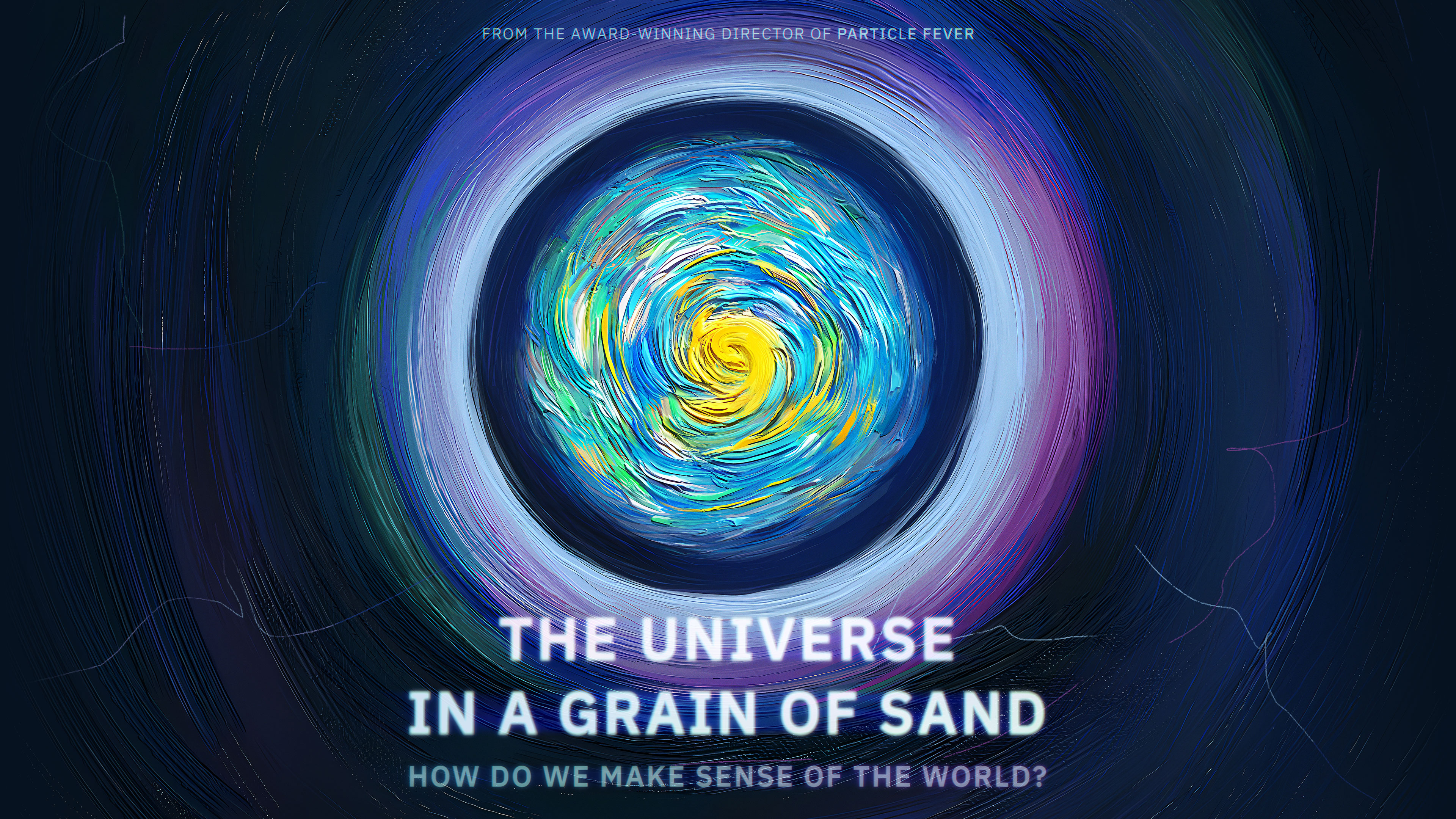“This art-film crossed with creative documentary takes us on a journey from experimental film to the frontiers of quantum computing.” – CineGlobe
“If you've ever wondered about the relationship between art and science, Mark Levinson’s 'The Universe in a Grain of Sand' demonstrates in gorgeous detail how each one sustains and amplifies the other — like the interdependence of plants and animals, neither could long survive without the other.” – Walter Murch (Apocalypse Now, The Conversation, The Godfather, The English Patient, Particle Fever)
"What a terrifically informative, absolutely beautiful movie, the best integration of science and art I’ve ever seen. I want to see it again!" – Michael Lehmann (Heathers, The Truth About Cats and Dogs, Hudson Hawk, Dexter)
Synopsis
How do we make sense of the world around us?
The Universe in a Grain of Sand is a meditation by the award-winning filmmaker/physicist Mark Levinson (Particle Fever) on how both scientists and artists use their understanding of nature to create tools and representations to probe the deepest mysteries of the universe. Juxtaposing momentous scientific revolutions with the works of over forty artists, the visually rich film celebrates the transcendent power of human imagination.
Filmmaker
Mark Levinson is the award-winning director of the documentary feature Particle Fever. The film won the inaugural Stephen Hawking Medal for Science Communication and the National Academies of Science Communication Award. Before embarking on his film career, Mark earned a PhD in theoretical physics. In the film world, he first became a specialist in sound editing, working on over 40 feature films, including The English Patient and The Talented Mr. Ripley. He is the director of the fiction film Prisoner of Time, and the hybrid film, The Bit Player. He is currently adapting Richard Powers’s award-winning novel, The Gold Bug Variations, into a feature film.
Scientists
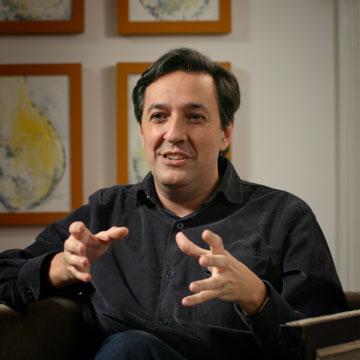
Dario Gil
Director of IBM Research
“Sometimes you need to come up with new and completely different ways to look at nature, to discover what you couldn't see before.”

George Dyson
Historian of Technology
“I'm a great believer in the ingenuity of the human mind in being able to look at nature and adopt it and learn from nature, because nature's been doing this much longer than we have.”
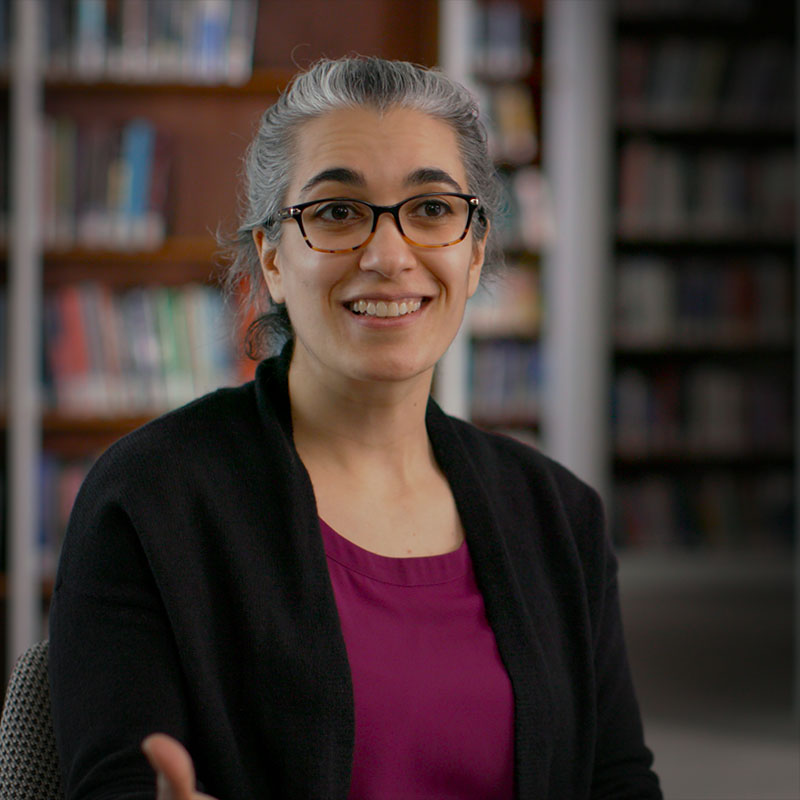
Talia Gershon
Materials Scientist, IBM Research
“Quantum mechanics gives you access to different properties that materials also have. You use these properties of these materials to actually compute in a totally different way. It's not like you're doing the exact same thing but faster on a quantum machine. You have to completely reimagine the problem.”
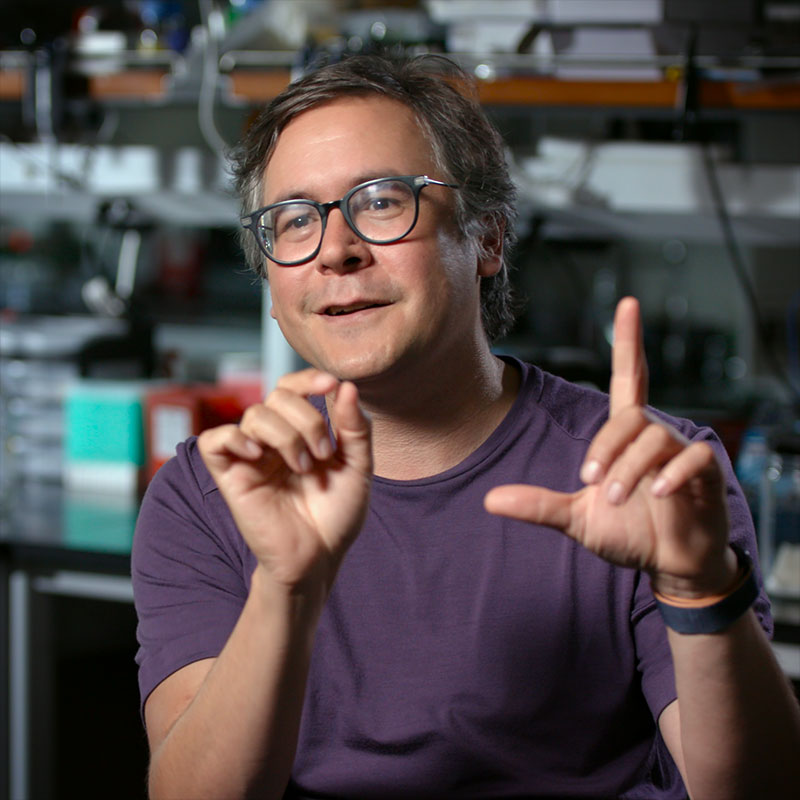
Luis Ceze
Computer Scientist, University of Washington
“A lot of people today are thinking about allowing computers to make mistakes and errors in a calculated way, because in the case of nature, those mistakes are important to make future versions of itself better.”

David Cox
Director of MIT-IBM Watson AI Lab
“There are at least two ways that neuroscience and computer science can inform and inspire each other. So, one thing we could do is to look to the brain for inspiration on how we should build the hardware. The other thing we can do is take inspiration from the analog operation of the brain and ask, can we do those same computations, but with zeros and ones, with an abstract mathematical representation of neurons?”
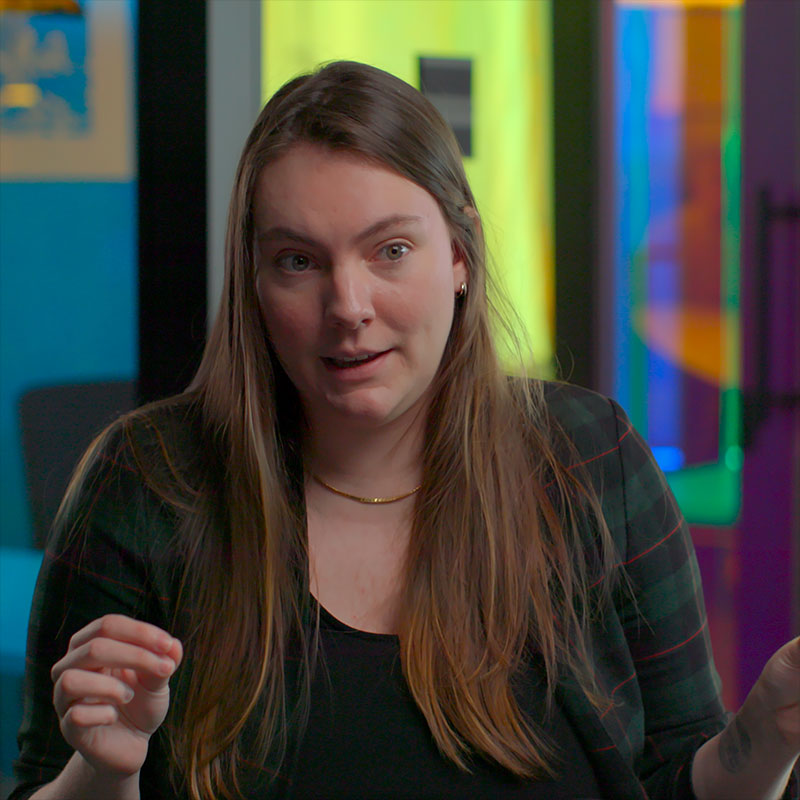
Sarah Schwettmann
Computational Neuroscientist, MIT
“A lot of approaches to integrating art and science sit firmly in one camp and look to the other and ask, “what there might inspire, how we do science,” or “what scientific knowledge might inspire how we do art.” But I think there's another very interesting approach that instead asks, “what underlying questions motivate both of these disparate fields?” And some of those questions concern the fundamental nature of the human relationship to the world.”

Charles Bennett
Physicist, IBM Research
“Everybody understands what ordinary information is, but quantum information is different. Quantum information is like the information in a dream.”
Artists
- Berenice Abbott
- Refik Anadol
- Kate Balsley
- Alan Berliner
- Stan Brakhage
- Peter Burr
- Santiago Ramon y Cajal
- Maxime Causeret
- Paul Cézanne
- Mark Chagall
- Paul Clipson
- Larry Cuba
- M.C. Escher
- Erin Espelie
- Maria Constanza Ferreira
- Vincent van Gogh
- Andy Goldsworthy
- Ksawery Kirklewski
- Hilma af Klint
- Kerry Laitala
- Robbie Land
- Alexandre Larose
- Len Lye
- Jodie Mack
- George Méliès
- Julie Mehretu
- Georgia O’Keeffe
- Pat O’Neill
- Pablo Picasso
- Ina Prinz and Patrick Rocca
- Sabrina Ratté
- Jennifer Reeves
- Kristen Roos
- Lillian Schwartz
- Semiconductor
- Richard Serra
- Basma al-Sharif
- Xander Steenbrugge
- Sarah Sze
- Matsumoto Toshio
- James Turrell
- Esther Urlus
- Stan VanDerBeek
- Dziga Vertov
- Andy Warhol
- John Whitney, Sr.
- James Whitney
- Yan Liang and Wenting Zhu
News
- NON-THEATRICAL SCREENINGS CAN NOW BE BOOKED ON KINEMA!
- Screening March 19, 2026 at 7:00 pm at the Denver Museum of Nature and Science in their GIANT Screen Theater followed by discussion with director Mark Levinson and artist Erin Espelie.
- Invited back to screen AGAIN at Docville Film Festival 2026 with panel discussion about Art and Science following 24 March 2026 Screening
- In-Person Screening and Q&A at the APS Global Physics Summit, Denver, CO 6:30pm
- Article in Nautilus Magazine
Past Events
- Special Co-presentation by Perimeter Institute and Princess Cinemas Sept 27, 2025, 2:00pm at the Princess Cinemas, Waterloo, Canada with Q&A by Filmmaker/Physicist Mark Levinson
- Off the Wall, Atlanta, Sept 19-20, 2025
- DOCVILLE 2025 (Leuven, Belgium), March 31, April 3
- Los Angeles Film Forum 7 pm February 23
- MIT Lecture Series 7 pm February 26
- SF Exploratorium 1:30 pm March 8

Off the Wall Screening (Atlanta)
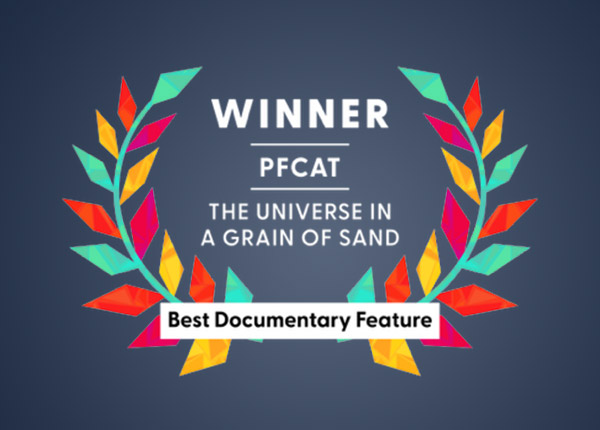
Portland Festival of Cinema, Animation and Technology (PFCAT), at Oregon Museum of Science and Industry
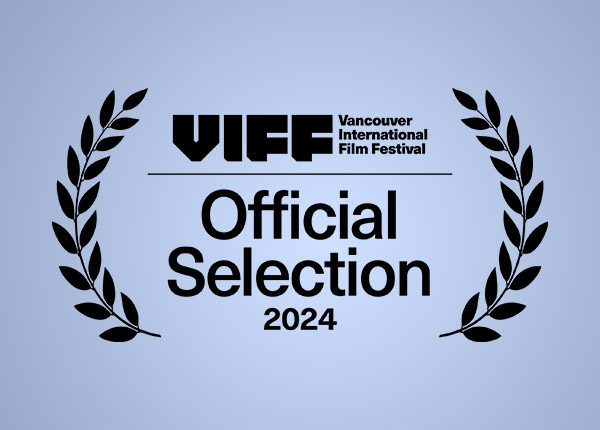
Vancouver International Film Festival Podcast
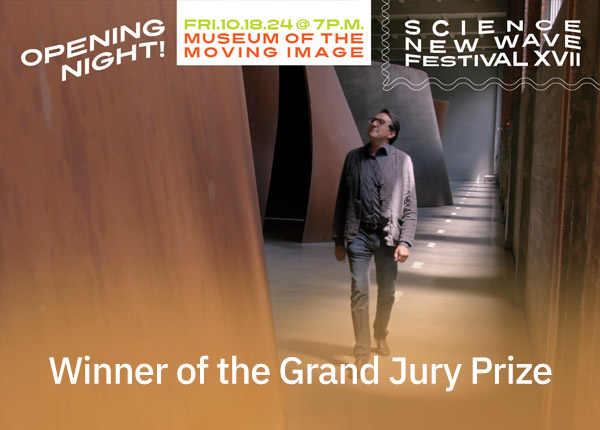
Science New Wave Festival
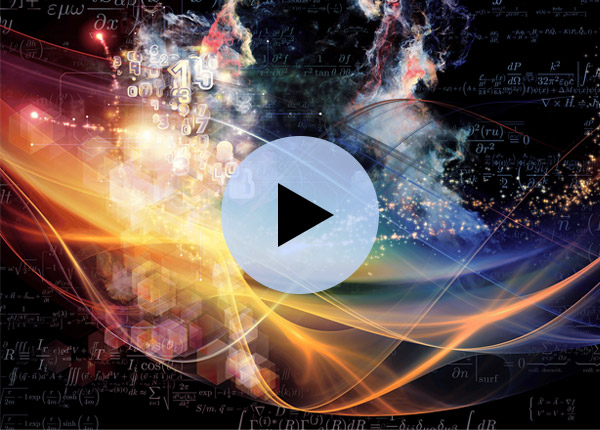
Physics World Podcast
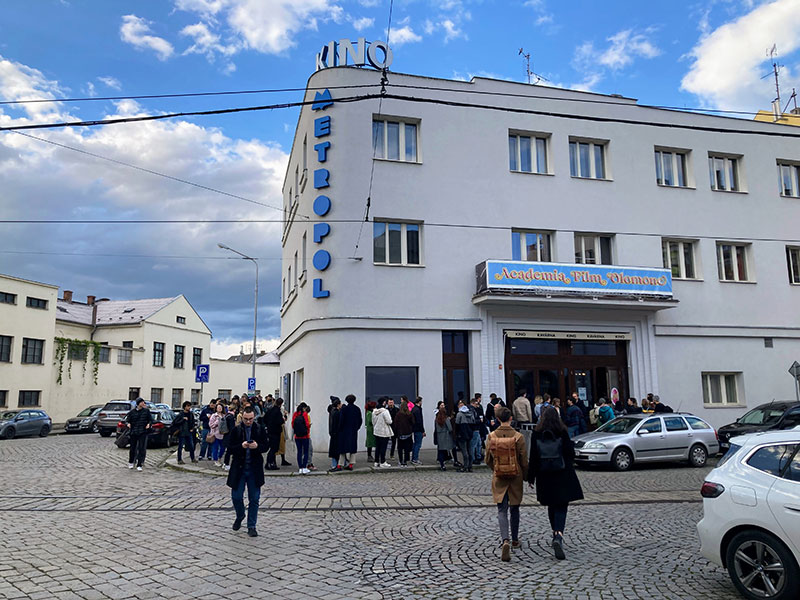
Academia Film Olomouc 2024
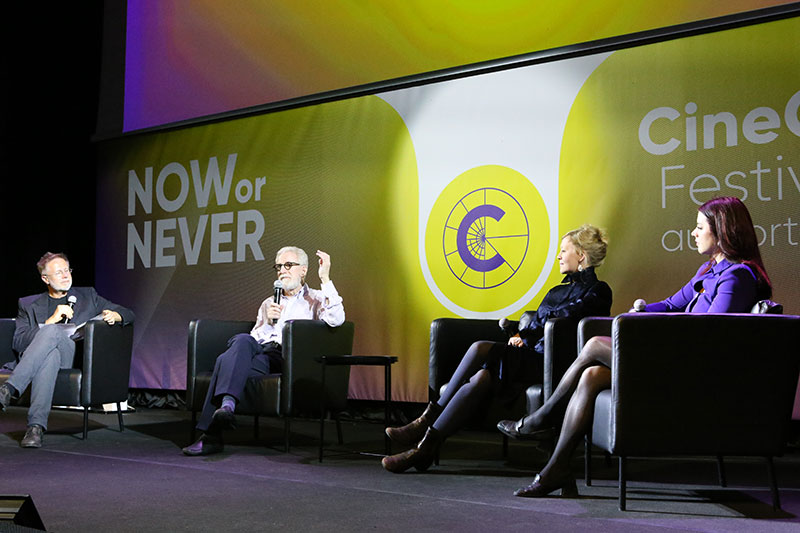
Panel discussion at CineGlobe 2024 (Michael Doser, Mark Levinson, Erin Espelie, Maria Ferreira)
Contact
Do you have an idea for a screening?
HOST A SCREENING
Credits

